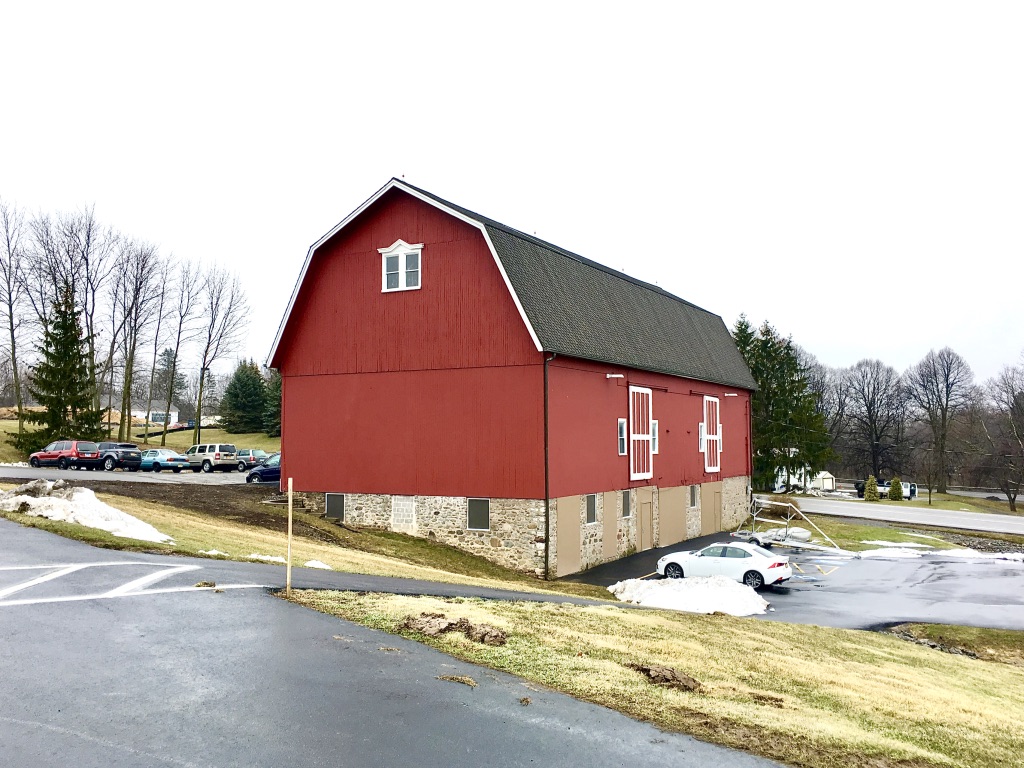More often than not, our classrooms have four walls.
Most of us are so focused on getting our major-related courses out of the way that we forget our other graduation requirements. Here’s your reminder that you have wellness class requirements and a suggestion on how to fulfill them: Outdoor Education.
Bachelor’s degree-seeking RIT students are required to take at least two different wellness courses. From Irish step, to learning how to become smoke free to Tai Chi, wellness courses offer us the chance to explore different cultures, improve our lifestyle and learn self-defense. Just looking at the long list of diverse courses shows RIT’s mission to ensure that all its graduates leave knowing how to lead a healthier life.
The wide range of options to choose from — more than 550 classes across eight different disciplines — can be a bit overwhelming when trying to pick only two. When narrowing down the plethora of options to pick from, don't overlook the benefits of Outdoor Education courses.
Outdoor Education offers several courses, including Rock climbing, Adirondack hiking, Whitewater Kayaking, Wilderness Survival and Bike Maintenance. Tom Connelly, associate director of outdoor education, noted the two student favorites: Indoor Rock Climbing and Maple Syrup and Our Environment, a course he co-teaches.
“With the Red Barn, in terms of coming to rock climb there, we actually don’t really advertise because we’re so busy, we don’t have room for many more people. So that’s almost exclusively word-of-mouth,” he said in regards to the course’s popularity.
Indoor Rock Climbing is taught in the Red Barn — a charming, century-old building visited often by RIT affiliates and the public alike. The busy setting not only acts a classroom for many outdoor education courses, but also as a departure and return point for outdoor classes off campus. The Red Barn offers a unique experience to all its visitors.
“It’s a different environment. It doesn’t look like any other building on campus,” Connelly said. “I think that also gives a little sense of escape.”
Indoor Rock Climbing in the Red Barn not only gives students a break from outside stress, but also offers a “psychological boost.” Students may start out having little to no background on rock climbing, but still make significant progress throughout the course. The progression is gratifying, boosts self-confidence and helps students realize their ability to overcome obstacles. Students also feel supported by the social nature of the course; encouragement from peers and guidance from instructors help to create a more fulfilling experience.
The popular Maple Syrup and Our Environment course is not as physically demanding as rock climbing, but still teaches students how to be aware of their environment.
“We talk all about the maple syrup industry, agricultural economy, environmental aspects, sustainability. We take a field trip to go to a maple farm. We actually tap maple trees on campus and teach students about the process of making maple syrup. That’s actually become one of our most popular classes,” Connelly said.
Other courses offered by Outdoor Education such as Backpacking, Mountain Biking and Adirondack Snowshoeing aren’t as syrupy sweet for some RIT students. That could be because you’re from the city, so the most nature you know is the occasional tree planted outside of Target; or it could be because you’ve watched movies like "The Mountain Between Us" and "127 Hours," so you don’t see mother nature as very motherly. Whether you’re lacking familiarity or have an irrational fear, delving into the activity and learning alongside your peers with guided instruction helps to put you at ease. You won’t be the only newbie in the course, and your instructor will go over all the safety protocols beforehand to prevent any foreseeable danger.
Connelly discussed another positive aspect of Outdoor Education for students who are beginners and feel worried that they may not perform too well.
“Our classes aren’t necessarily based upon critical measures where you make it or you don’t. That’s not really so much a part of it as it is process-oriented. So, if you go backpacking for example, you’re gonna get through it. It’s not guaranteed you’re gonna have a great time or you’re not gonna twist an ankle or something like that. But in the end, nobody looks back and has to cope with a sense of ‘I failed in this class.’ That’s not really a possibility of an outcome because the nature of the class is more process-oriented,” he said.
Outdoor Education courses offer challenging and rewarding experiences that you couldn’t otherwise immerse yourself in if you chose another wellness discipline. If you want to gain the benefits that outdoor education has to offer, look into the course descriptions, speak with the class instructor and push yourself outside your comfort zone. For once, you can have a wall-free classroom.








